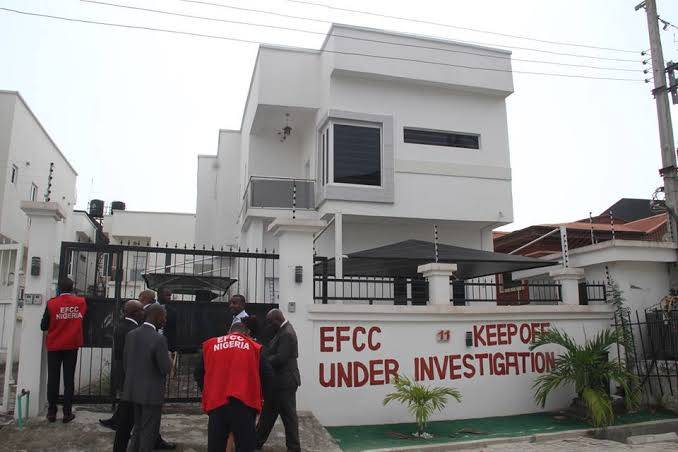Managing Director of Nigerian Ports Authority (NPA), Mohammed Bello-Koko, has reiterated the agency’s commitment towards eliminating systemic corruption and other criminal practices at the seaports.
Bello-Koko has equally affirmed the authority’s readiness to continue to comply with the standard operating procedures (SOPs) as stipulated in the Nigerian Port Process Manual (NPPM), a project it funds, to enhance operational excellence and service delivery at all ports and terminals across the country.
The NPA boss said this when he received members of the Maritime Anti-Corruption Network (MACN) at the authority’s head office, Lagos, at the weekend.
Bello-Koko commended the group for promoting the gains of business integrity and raising awareness on the negative impact of corruption on the country’s image and global rating.
The NPA helmsman expressed delight at the anti-corruption reforms introduced by the Federal Government, which he said has significantly reduced corruption and other criminal practices in the ports and the maritime sector.
“The NPA management under my watch is happy to note that we are doing well given the drop in the incidences of corruption to five from over 150 cases when this anti-corruption campaign started. We have seen the progress being recorded in all aspects of port operations as well as revenue into government coffers, it shows that sooner than later, the port industry in Nigeria would become the most attractive maritime cluster in the region, going by our market share and capacity,” he said.
Bello-Koko stressed that having achieved and addressed the bottlenecks with sailing and berthing of vessels, attention should shift to the ease of cargo clearance at the port and ways of boosting the global competitiveness of the country’s exports.
He said concerted actions are required to make cargo clearance simpler, faster and market-friendly. The leader of the MACN team, Soji Apampa, said the visit was to intimate NPA about the achievements recorded in collaboration with other key stakeholders, to engender zero tolerance for corruption in the port as well as remove opaqueness in port operations.













